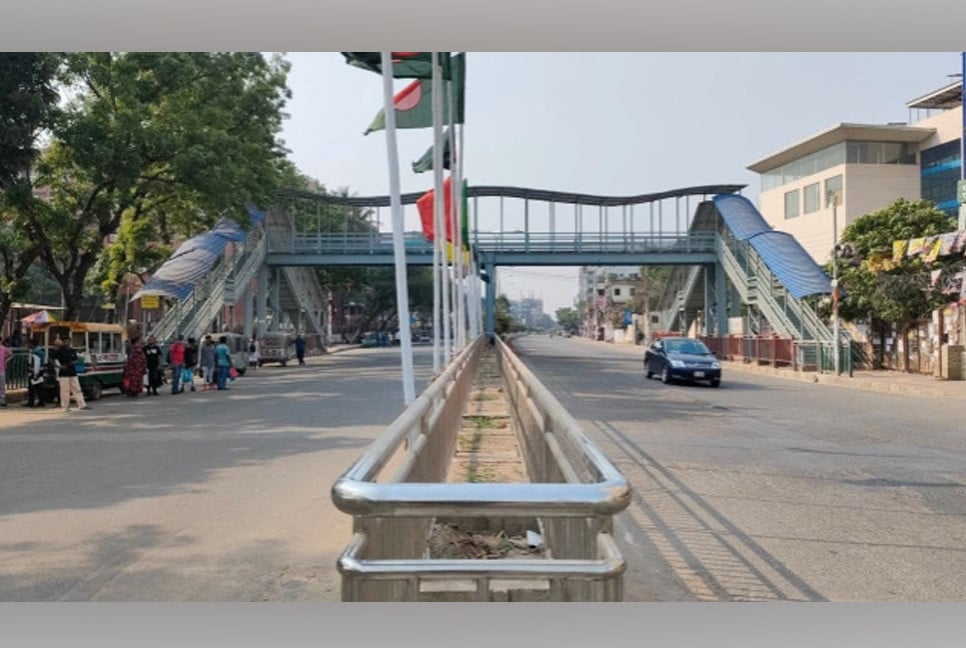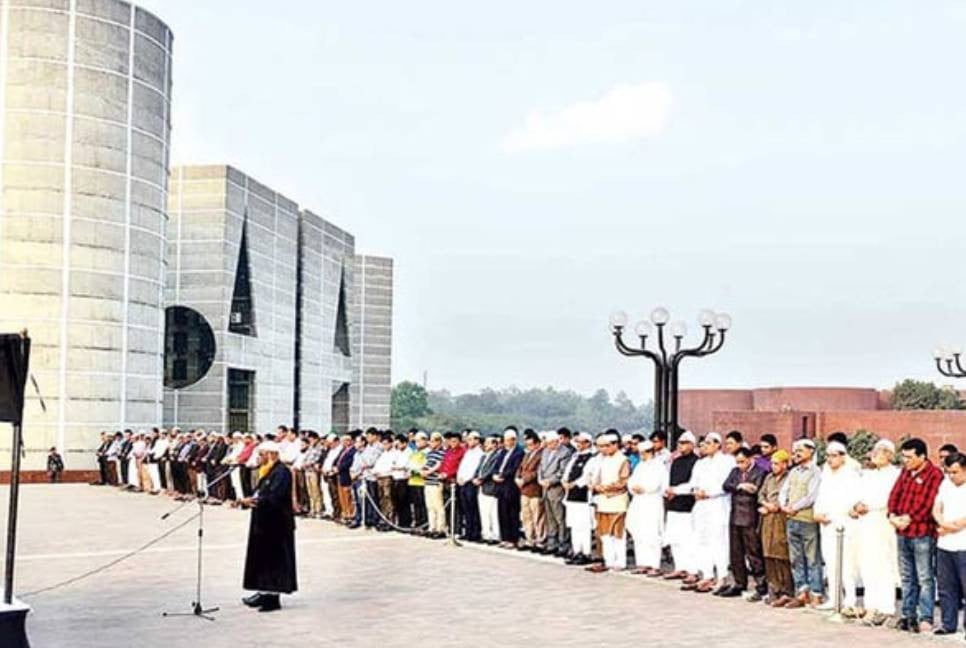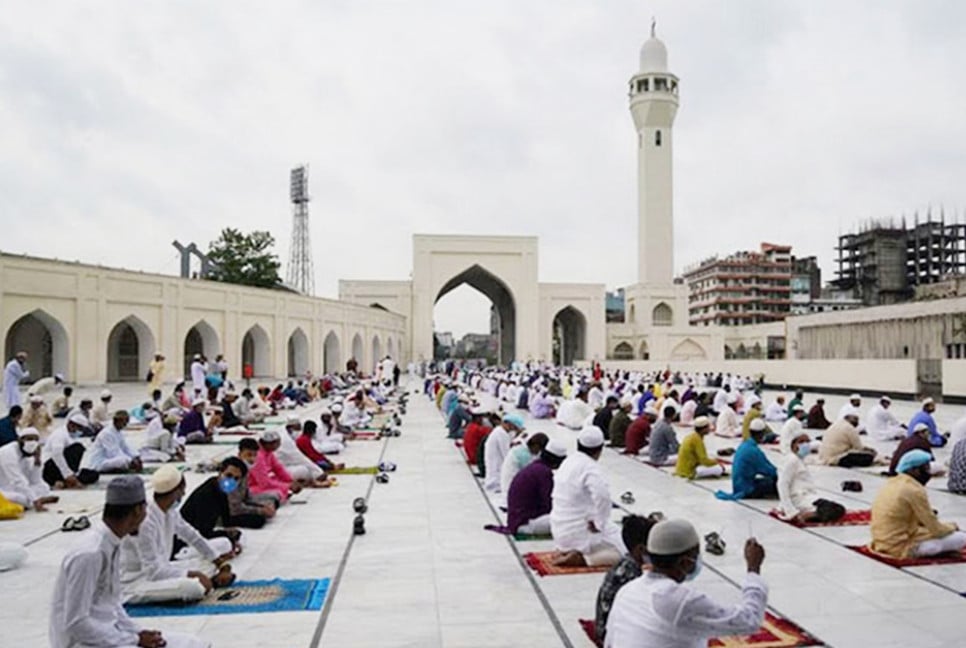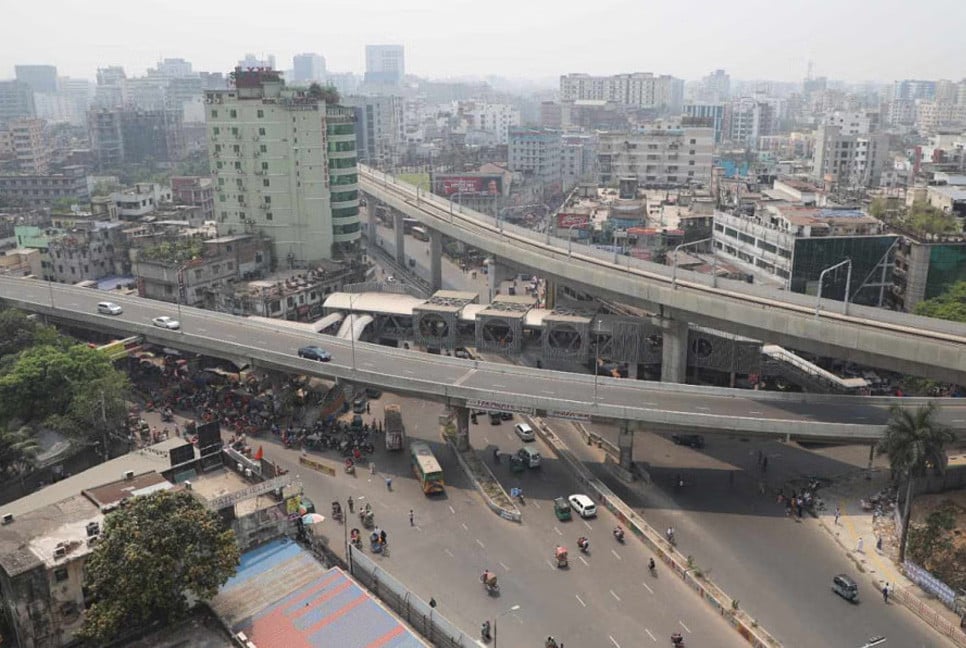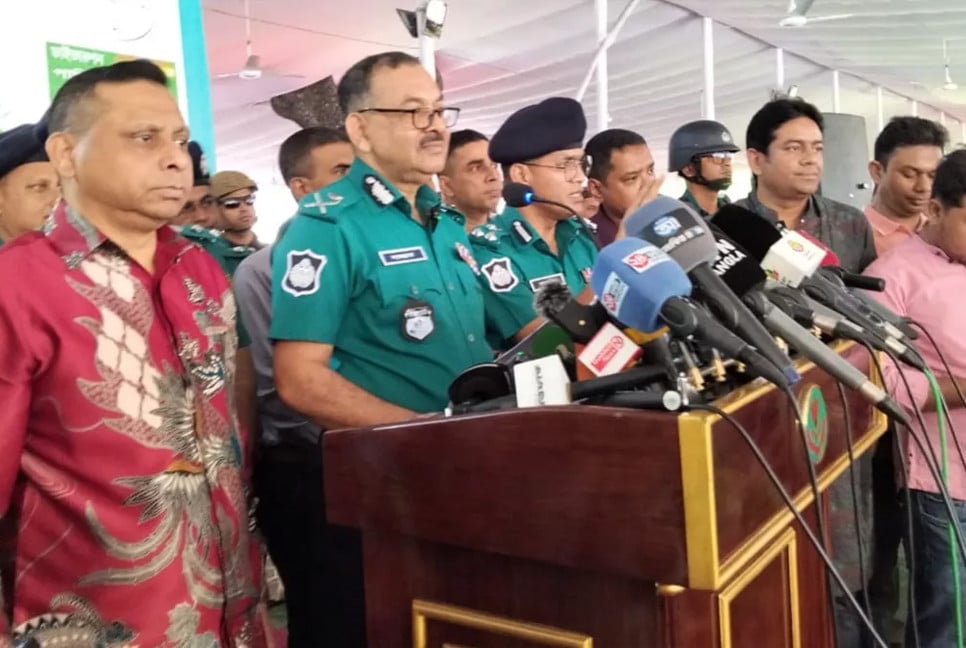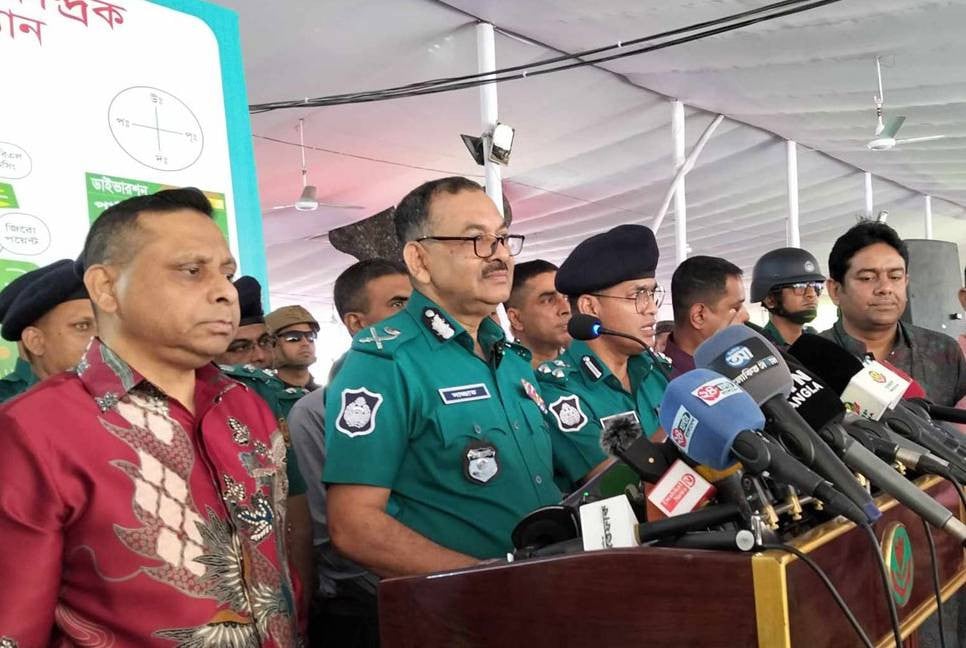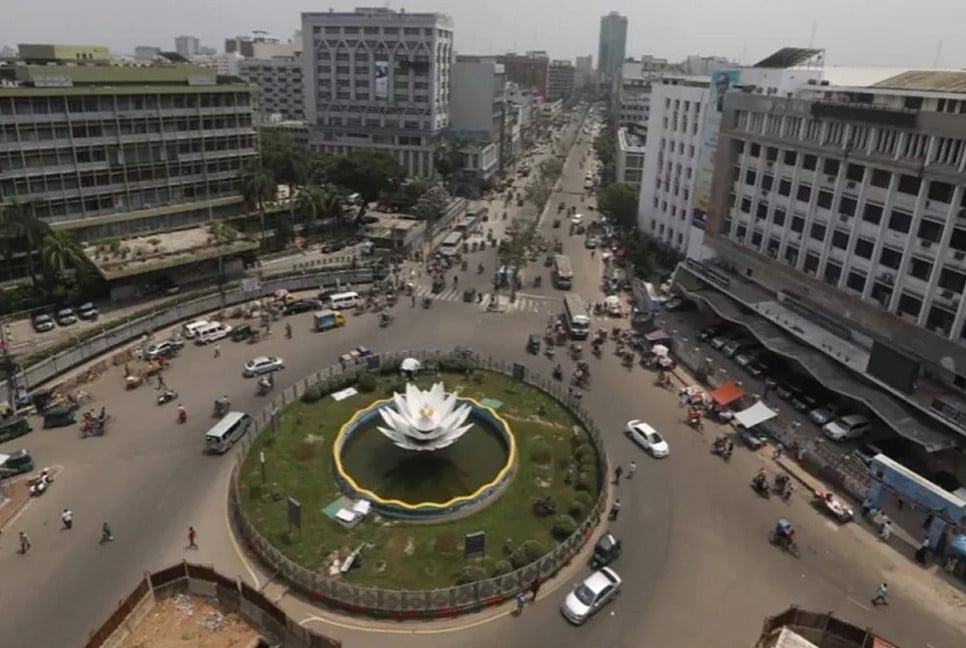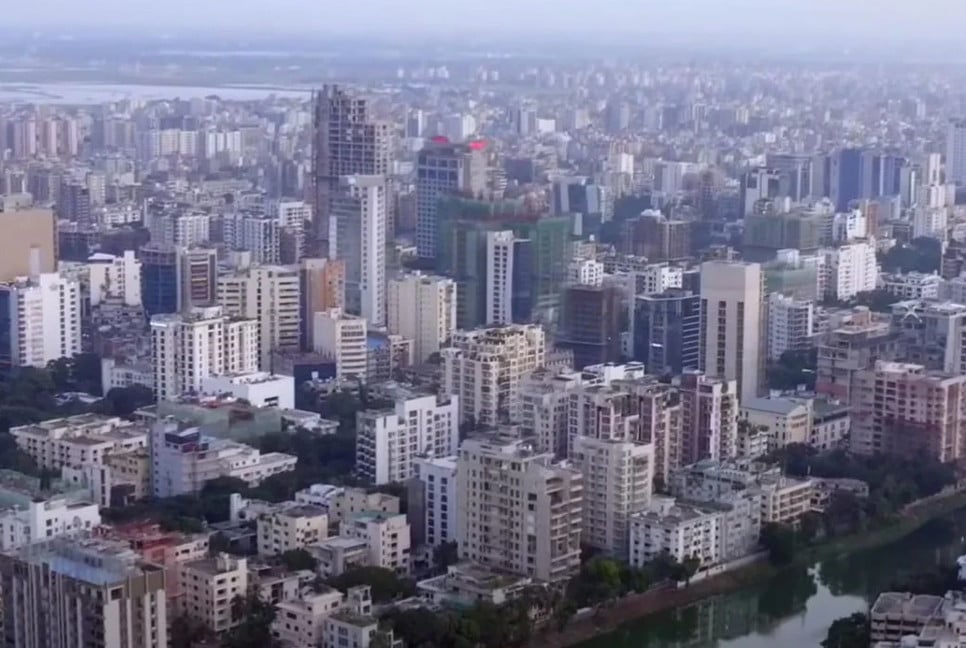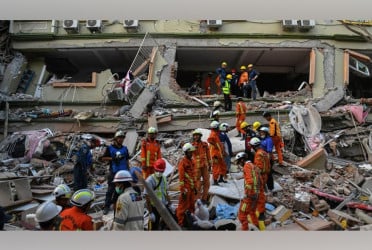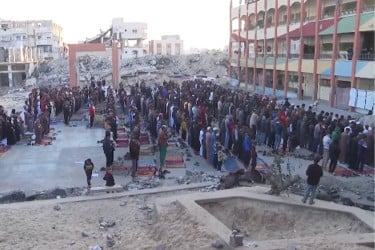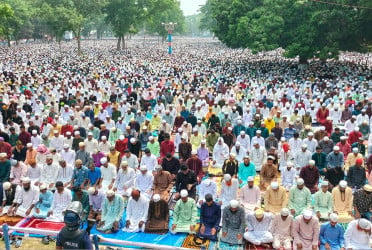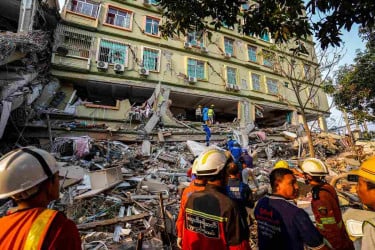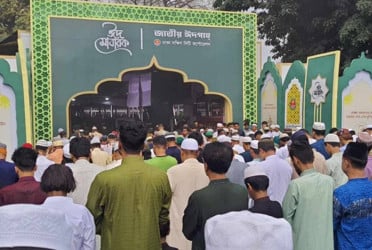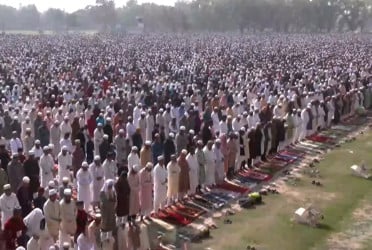In an interview with Dr Manjur Ahmed, chairman of National River Conservation Commission (NRCC), put a major share of the blame on Dhaka WASA, reports UNB.
Dhaka WASA’s failure to construct enough sewerage lines has created a disastrous situation. Factories in and around Dhaka dispose waste into nearby rivers and combination of household and industrial wastes has turned rivers like Buriganga and Shitalakhya “ecologically dead”.
He added, “All the human waste produced in Dhaka city goes into the four rivers surrounding it. This happens due to Dhaka WASA’s failure to manage the waste. Excrement and rainwater go to the rivers through the same pipe. It was WASA’s duty to set up separate pipes for proper flow of the wastes. They didn’t do so, and as a result rivers are being polluted fast.”
The NRCC chairman furthermore added that although much of the grabbed lands by the rivers have been recovered, pollution couldn’t be stopped as those responsible were not brought under the law.
“At least four crore people live in and around Dhaka city but there isn’t a single river or waterbody where people can bathe. Population density, unmanageable development, withdrawal of water in the upstream and climate change are affecting the country’s rivers. As an organization working to conserve rivers, NRCC is acutely aware of these problems,” he said.
About NRCC, Manjur said that the role of his organization is to identify the problems and provide recommendations to the concerned authorities.
“NRCC is a relatively new organization. Some recommendations made by us have already been implemented and others are pending with the authorities. So far, we’ve identified 57,000 illegal encroachers and evicted 14,000 of them through the help of the district administrations and Bangladesh Inland Water Transport Authority (BIWTA),” he said.
Bd-pratidin/Ishrar Tabassum


